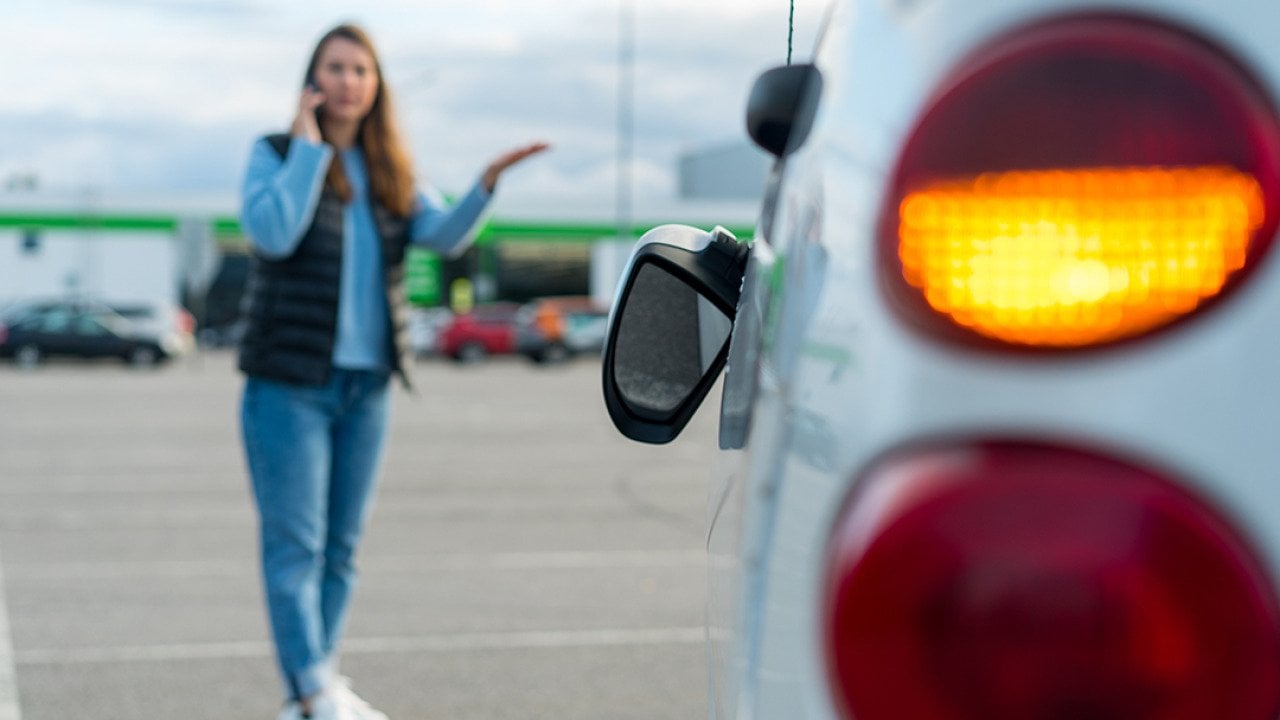Do police respond to car accidents in private parking lots?

vimpro // Shutterstock
Do police respond to car accidents in private parking lots?
Car accidents are not limited to public roads and highways; they frequently occur in private parking lots and on private roads. If you’re involved in such a collision, you might be unsure about the proper steps to take, especially regarding police response and your car insurance. In this article, CheapInsurance.com helps you navigate a private property accident, from understanding police jurisdiction to filing a claim with your insurance company.
Will the Police Respond to a Private Property Accident?
The question of whether police will respond to a car accident on private property, such as a parking lot, is complex and depends on a few key factors. Unlike public roads, where police have clear jurisdiction, private property is owned by an individual or a company, which can limit law enforcement’s authority.
Here’s what typically influences a police officer’s response:
- Jurisdiction and legal authority: Police generally have the authority to enforce traffic laws on public roads. In many jurisdictions, an accident on private property is considered a civil matter between the involved parties and their insurance companies. The police may choose not to respond unless a criminal act is involved.
- Severity of the incident: Police are far more likely to respond to a private property accident if it involves serious injuries, significant property damage, or if there is evidence of a crime, such as a DUI (driving under the influence), reckless driving, or a hit-and-run.
- Property owner’s request: In some cases, the owner or manager of the private property may request police intervention to document the incident for their own records or legal purposes.
- Local regulations and policies: Each police department has its own specific policies. While some may respond to all reported accidents regardless of location, others may have strict guidelines that prevent them from dispatching officers for minor fender-benders on private property.
It is important to note that even if the police do not file a formal report, you should still call the non-emergency line to report the incident. This creates an official record of the accident, which can be useful for your insurance claim.
The Importance of Gathering Information
Since a police report may not be available, it is absolutely critical that you gather as much information as possible at the scene. This documentation will be the foundation of your insurance claim.
Here is a step-by-step guide on what information to collect:
- Prioritize safety: First, ensure everyone is safe. Check for injuries and call 911 if medical attention is needed. If possible, move the vehicles to a safer location to prevent further incidents.
- Exchange information: Get the following details from the other driver(s) involved:
- Full name, contact information, and address.
- Insurance company and policy number.
- Driver’s license number.
- Vehicle make, model, year, and license plate number.
- Find witnesses: If anyone saw the accident, ask for their names and contact information. An independent witness statement can be invaluable, especially if there is a dispute over who was at fault.
- Document the scene: Use your smartphone to take photos and videos of everything.
- Damage to both vehicles from multiple angles.
- The final resting position of the vehicles.
- Any relevant signage, road markings, or potential hazards (e.g., potholes, blind spots).
- The overall layout of the parking lot.
- Look for security footage: If the accident happened near a business or in a monitored lot, check for security cameras. The business owner or property manager may be able to provide you with the footage, which can be irrefutable evidence.
Handling Car Insurance Claims for Parking Lot Accidents
Filing a car insurance claim for an accident on private property is very similar to filing a claim for an accident on a public road. Your insurance company will handle the claim based on the information you provide.
- Filing with the at-fault driver’s insurer: If the other driver was clearly at fault, you can file a claim with their insurance company. Provide them with all the information and evidence you gathered. They will conduct an investigation and determine liability.
- Filing with your own insurer: If you were at fault or if liability is disputed, you will need to file a claim with your own insurance company. Having collision coverage on your policy is essential, as it will cover the cost of repairs to your vehicle, regardless of who was at fault.
Impact on Your Insurance Premiums
Filing a claim for an accident, even one in a parking lot, can impact the cost of your auto insurance.
- At-fault accidents: If you are determined to be at fault, your rates will likely increase upon renewal. The amount of the increase will depend on the severity of the accident, your driving history, and your insurance company’s specific policies.
- Not-at-fault accidents: If the other driver is found to be 100% at fault, your insurance rates should not be affected. However, it’s always a good practice to speak with your insurance agent to understand how their policies handle not-at-fault claims.
A car accident in a private parking lot can be a stressful and confusing experience. While police response may not be guaranteed, you can take proactive steps to protect yourself and ensure a smooth insurance claims process. By gathering detailed information at the scene, reporting the incident, understanding your insurance coverage, and common insurance terms, you can be prepared for any event, whether on the road or in a parking lot.
This story was produced by CheapInsurance.com and reviewed and distributed by Stacker.
![]()



